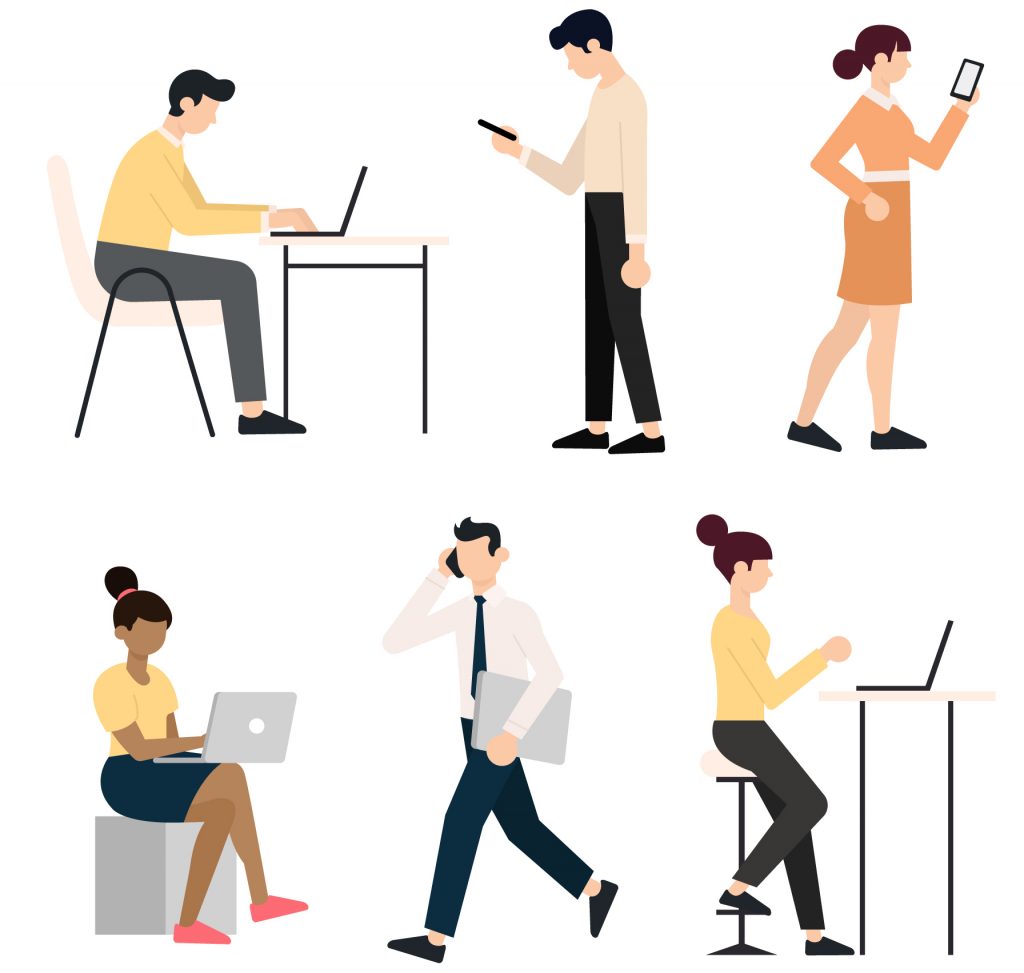In today’s hectic lifestyle we are faced with challenges on a daily basis.
Families have to cope with both parents working, social media is keeping us both busy and more exposed to distractions and the pressures of staying on top of everything we have to do can become overbearing.
So, how do I as a leader, make sure my team stays healthy and up to the challenge?
Last year, Nomadic IBP co-designed with Culture Waves an online training programme for leaders to help them develop a healthy and resilient remote team.
In the programme, we look at the concept of health and what it means for us as individuals and for our organisation.
Do we, as leaders, have an influence on the health and the resilience of our team?
And if so, how do we manage that influence, so it has also a positive impact on an organisation’s bottom line?
After successfully running the programme, what I noticed as a facilitator was that it helps leaders to think about their own health and how to manage that, before moving into the health and resilience of their team.
It really helped those that participated to reflect on what challenges their team has to deal with most and what skills do they need to develop to be able to cope and succeed.
From our research and experience we can identify in an organisation what coping skills are required and which fit best with the challenges that are faced.
In some cases, talking about those challenges with the team can even result in tackling a few by putting different systems in place or by delegating the tasks to match people’s strengths.
What signs can help us judge the current situation of our team members and how do we see if someone in our team is not coping well?
By session 4 in the programme we have learned how to talk with those team members that appear to be experiencing a lot of stress and help them to deal with it.
The participants in the programme take away a detailed action plan of what they could do for themselves and for their team, who could help them do it and what benefits would they expect from doing it.
Participants feedback that they feel more confident in detecting the signs of a healthy and resilient team and more confident in talking about these subjects with their team members.
At the beginning of the programme, our participants were hesitant to discuss such sensitive topics online and with people they hadn’t met yet.
Afterwards they acknowledged that at times it worked better, because it felt easier to share when not sitting across from each other and having the feeling of everybody look at you when you share.
Some leaders even tell us, once we have created ‘virtual closeness’, they find it is the best option to discuss sensitive topics as they are not distracted by nonverbal signs that may have distracted them from really listening to what is being said.
If you use the benefits of training online, rather than seeing it as a second-best, cost-saving option, the virtual classroom can be the way of choice to help leaders learn how to address topics like health, stress, resilience and coping skills.
And to help them build a healthy and resilient team.
Would you like to know more?
Visit our website or e-mail us at info@nomadicibp.com to discuss the many possibilities.
Image source: www.freepik.com

Lies is an organizational psychologist with a focus on positive psychology. She has worked as a commercial manager for many years in an international environment before she took a deep dive into psychology. Now she combines her experience having worked as a manager herself and her knowledge of positive psychology research to help organizations grow and flourish. Lies is a specialist in the virtual classroom and is a highly experienced online producer, designer and facilitator. Click on the LinkedIn icon for a more detailed biography.



